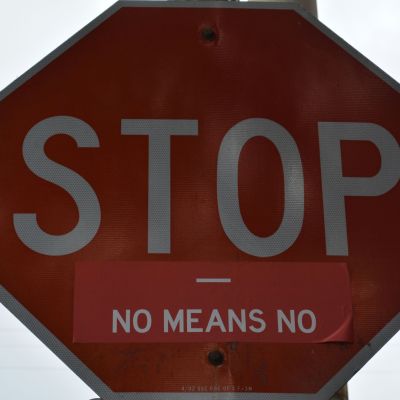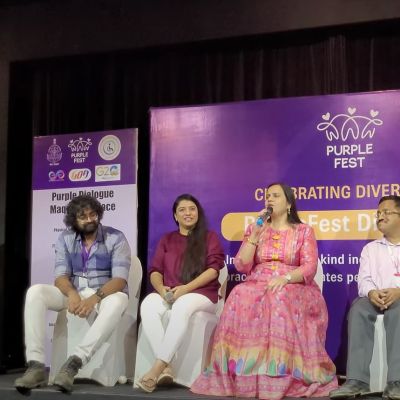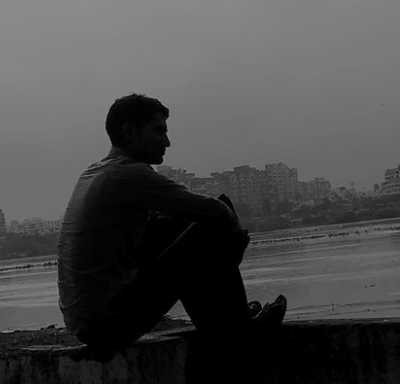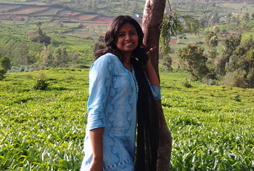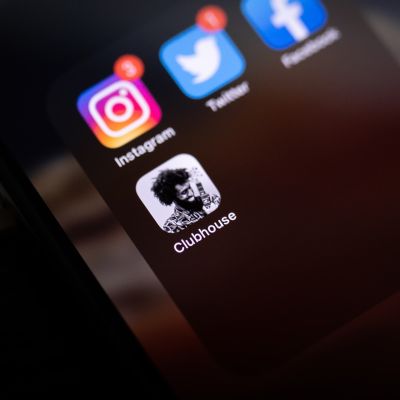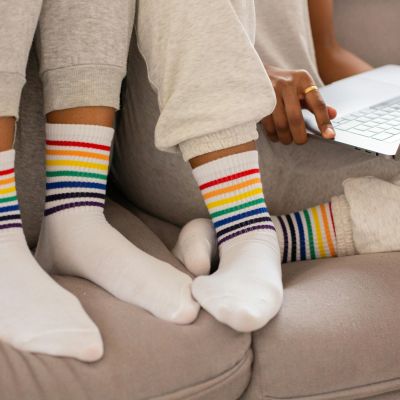Gender
I felt naked in front of everyone when I first came out, and I can’t stress enough how much my male privilege has helped me out here. I don’t even know if people found it serious enough to consider it my identity instead of ‘a mere sexual preference’ or ‘a phase’ (always a classic dismissal).
… when they believed we were of the right age to marry, they urged us to “leave everything behind and get settled”. When marriage is considered such an important institution in our society, why not teach us about consent as well?
Do you know what it feels like to be seen? I also don’t know what it feels like to be properly heard, but that’s a question for another time.
The linkages between access, health, violence, the law, workplaces, gender and sexuality are really high and that’s why we all today—whether we are working on street accessibility, education, disability and employment—need to bring and build our collective understanding around gender and sexuality, keeping it at the core of our work with people, youth, and women with disabilities.
Masculinity once upon a time was just a word we studied in school, whose sole purpose was to differentiate binary gender in the society. Now masculinity is a criteria of a certain job that a person has to perceive to be called or termed as one.
You see, numbers are tricky, data is tricky. More importantly, data is dehumanising. Add sexuality and intimacy to this and the waters get even murkier. Maybe it’s good to leave a few things unaffected by too much data. Maybe we do not want to talk about data and sexuality. Maybe we instead want to talk about why data around gender and sexuality must not be recorded, and instead, maybe focus on why we should honour every kind of sexual preference which is within the purview of the safe and consensual.
As clear as I was about my sexuality, I was just as unclear about how I wanted to look and what felt good.
(Tread gently. This article contains material on sexual assault) Dear A, I don’t know why I’m writing this. Maybe it…
I find that sports spaces demand that all athletes, irrespective of their gender, ‘play like men’. I was recently coaching…
Language can be a limiting thing when it alone is considered to be the marker of success or failure in intimate spaces. Sometimes we get stuck on what is said and fail to notice what is done in relationships. At other times, denial of a need, request, or crossing of one boundary can make us feel like the entire relationship has lost its value.
In theory, the concept of the app is a great one – it provides women, queer people, and people belonging to oppressed castes the tea-stall, cigarette-shop type of public spaces for conversation that are available to upper-caste cis het men. The relative anonymity acts like a safe cover, and the app affords a certain autonomy and agency to marginalised people to regulate the kind of conversation that goes on in rooms moderated by them.
On a larger scale, my non-normative sexuality is confined to tiny spaces, influenced by fear of impending violence, rejection and revulsion, even when one is privileged enough to live in a metropolitan city.
Here’s to some quiet time listening in to what people are saying, and consuming, on the Internet, particularly on social media, on the subject of gender and sexuality.
Singleness represents eschewing all that patriarchy imposes on us in the name of emotional and financial protection. Women who decide not to marry defy age-old ‘wisdom’ mixed with terrible psychological and biologically-backed explanations.
This article was reposted from Everyday Feminism. December 14, 2015 by Suzannah Weiss One night, my college boyfriend, two of his female…


